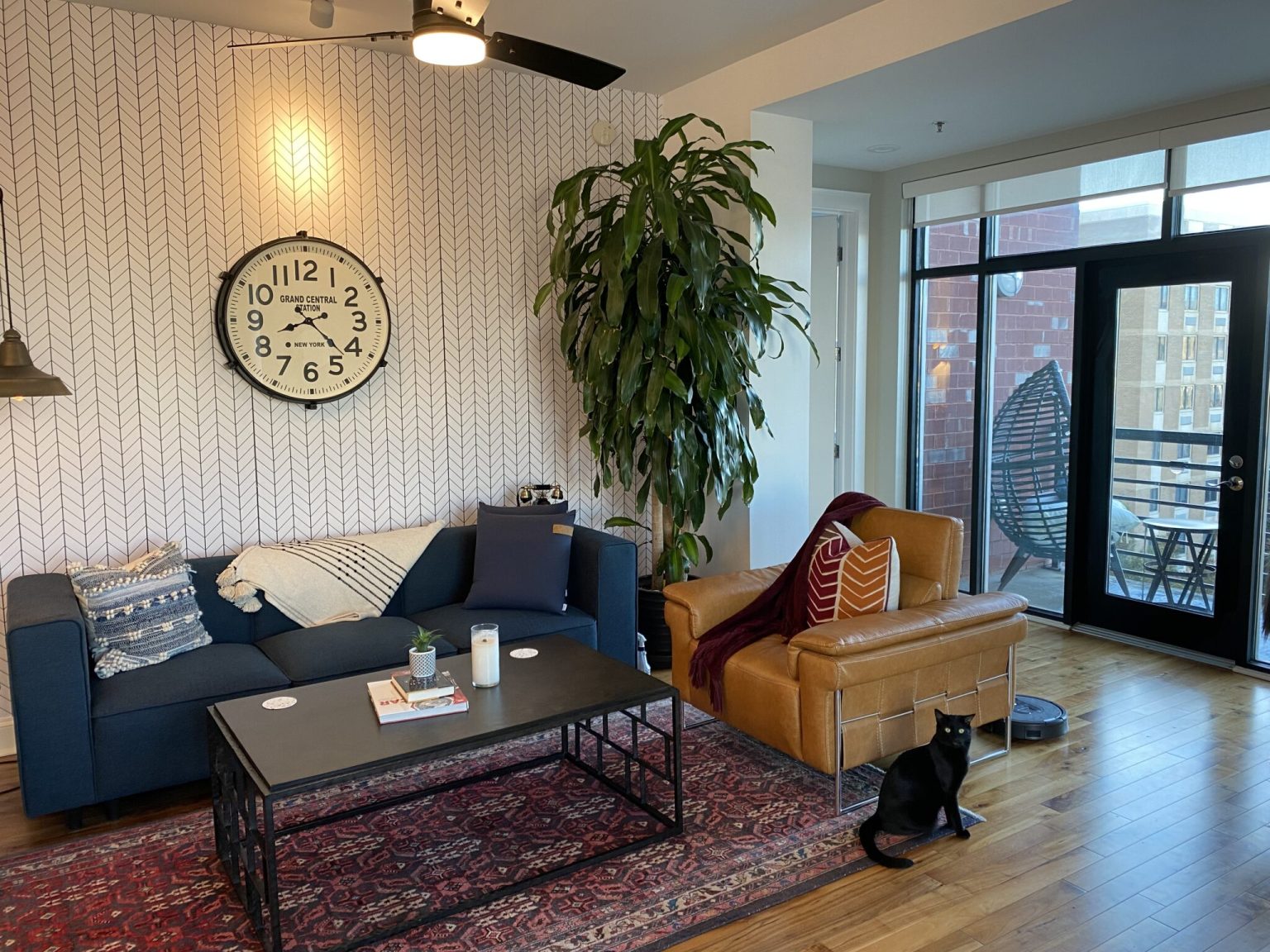Home-swapping has become increasingly popular in New York City since the implementation of Local Law 18, which imposed strict regulations on short-term rentals. Companies like HomeExchange have seen significant growth in the number of exchanges finalized in the city. CEO Emmanuel Arnaud stated that HomeExchange members are not required to register under Local Law 18, as home exchanging does not displace local residents and is not about profiteering. This has allowed them to differentiate themselves from the regulations in New York City and beyond. Additionally, 92% of HomeExchange properties are primary residences, helping limit the number of apartments sitting empty.
Since the enforcement of Local Law 18 in New York City, HomeExchange has experienced a 32% increase in membership compared to just 6% growth overall in the U.S. Arnaud believes that this growth may be attributed to individuals seeking alternative solutions to the regulations in the city. The classic way people swap homes on HomeExchange is through reciprocal exchanges, where families agree to stay in each other’s homes either on the same or different dates. There is no money exchanged between guests when properties are similarly valued, but guest points can be used in some cases. HomeExchange charges a membership fee of $220 per year.
One example of a successful home exchange involved Susan from Laguna Beach, California, staying in an Upper West Side apartment in New York City for six nights with three other people. The exchange was not reciprocal, and Susan paid the apartment owner HomeExchange guest points for the stay. Susan has participated in over 70 home exchanges, including several in New York City to attend Broadway shows. She mentioned that neighbors in her hometown can sometimes be wary of strangers entering or leaving properties, similar to concerns with short-term rentals. Susan takes precautions to vet everyone involved in the exchange to ensure a safe and reliable experience.
Arnaud highlighted how HomeExchange worked closely with the Scottish government to amend a law that initially included home swaps in short-term rental restrictions. After collaborative discussions, the government recognized that home exchanges do not impact housing affordability or tourist areas being deserted off-season, leading to the removal of home-swapping from the restrictions. In New York City, Local Law 18 does not mandate home-swapping property owners to register, and there are no limits on the number of guests allowed. This flexibility has helped differentiate home exchanges from traditional short-term rentals.
Overall, the growth of home-swapping in response to regulations like Local Law 18 in New York City suggests a significant shift in how people are approaching short-term accommodations. By offering a unique and appealing alternative to traditional rentals, companies like HomeExchange are able to thrive in this evolving landscape. As the industry continues to evolve and adapt to regulatory changes, it will be interesting to see how home-swapping will continue to provide opportunities for travelers and property owners alike.


